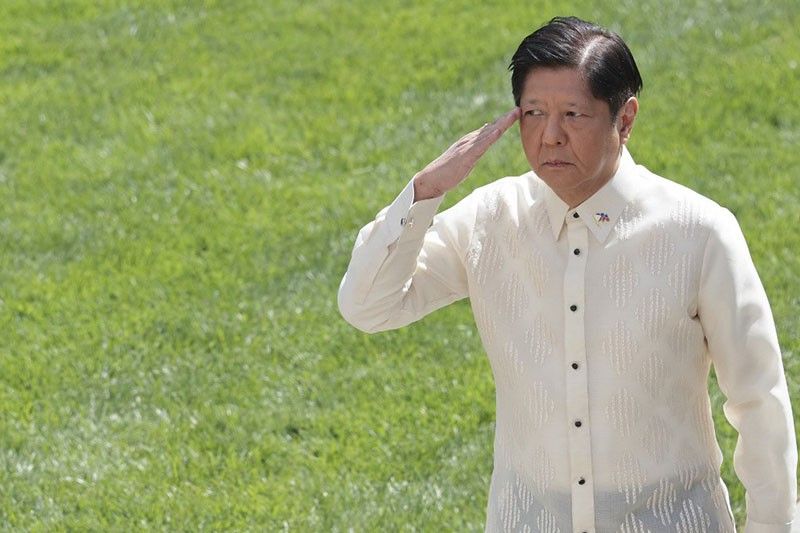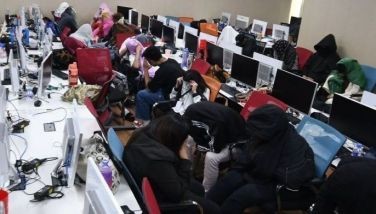Marcos' leadership fuels collaborative, transparent governance — experts

MANILA, Philippines — As President Ferdinand Marcos Jr. marks his first year in office, experts are optimistic about the potential for collaborative and transparent governance to thrive in the Philippines.
During a roundtable discussion titled "The Legitimacy of President Marcos Jr.: Necessitating More Transparent and Accountable Governance," organized by think tank Stratbase ADR Institute and Democracy Watch Philippines, experts on Friday shared their positive assessment of the country's governance under the new administration.
According to Stratbase President Professor Dindo Manhit, strategic collaboration among stakeholders is important in addressing challenges and capitalizing on opportunities in critical sectors such as energy, trade, investments, environment, and geopolitics.
He emphasized that achieving a resilient, inclusive, and prosperous Philippine society relies on the dynamic relationship between the government, private sector, and civil society.
“In essence, what is taking form in the first year of the Marcos administration is collaborative and inclusive governance. This is in tune with the demands of challenging times and the resulting political opportunities offered by multidimensional and geopolitical concerns,” Manhit said.
He called upon the president to leverage his 2022 electoral triumph and the resulting strong political capital to drive greater transparency, accountability, and responsiveness in governance by fostering unity among diverse sectors of society.
In a survey conducted by Pulse Asia in June 2022, results revealed that a majority of respondents (67%) viewed the 2022 presidential elections as more credible and witnessed faster vote counting compared to the 2016 elections (86%).
To bolster transparency and accountability in the government, Manhit said there is a need to fully implement Executive Order No. 31, which institutionalizes the Philippine Open Government Partnership, and the advancement of the E-Governance Initiative.
Shanice Espiritu, co-convenor of Democracy Watch Philippines, noted the relative absence of strong anti-corruption and reform statements compared to previous administrations under Benigno “Noynoy” Aquino III and Rodrigo Duterte.
“One probable reason is the difference in issues that the administrations have been met with: while the Duterte and Aquino III administrations were met with failing trust in institutions, the Marcos Jr. administration’s main challenge is to recover from the pandemic and build a strong and resilient post-pandemic economy," Espirutu said.
"It is clear that unlike the two administrations before it, the Marcos Jr. administration is focused on re-opening the economy, re-establishing trust among international institutions and agencies, and achieving digitalization to boost bureaucratic efficiency,“ she added.
While addressing urgent concerns such as rising commodity prices remains a priority, Espiritu said there should be a sustained effort to combat corruption.
“We recommend that while there are present measures to create a more efficient and transparent government through these bills, the Marcos Jr. administration should seize opportunities for a more explicit anti-corruption agenda. This will ultimately advance the president’s goal of leading the nation to be prosperous, inclusive, and resilient,” Espiritu said.
Earlier in June, Marcos assured the public that he will discuss in his second State of the Nation Address next month the accomplishments during the first year of his administration.
- Latest
- Trending





























